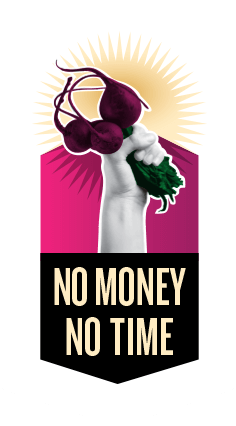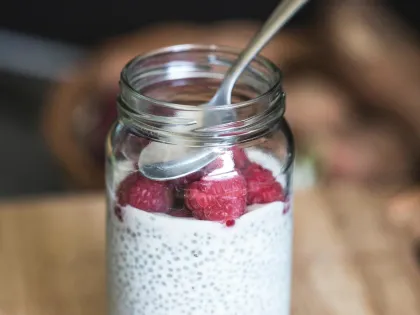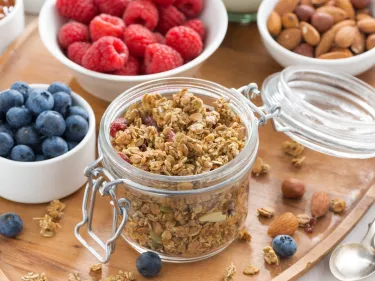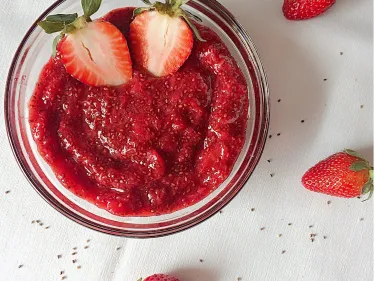Serves = 12
2 large brown bananas, mashed
2 eggs
⅓ cup low fat Greek yoghurt (or any plain yoghurt)
3 tablespoons olive oil
¼ cup honey
¼ cup milk
1½ cups wholemeal flour
1½ teaspoon baking powder
½ teaspoon bicarb soda
1 teaspoon cinnamon
½ teaspoon ginger (optional)
½ teaspoon nutmeg (optional)
Optional Extras (¼ Cup of Mix Ins)
Grated carrot & chopped walnuts
Frozen blueberries
Dark chocolate chips
Raspberry and white chocolate











